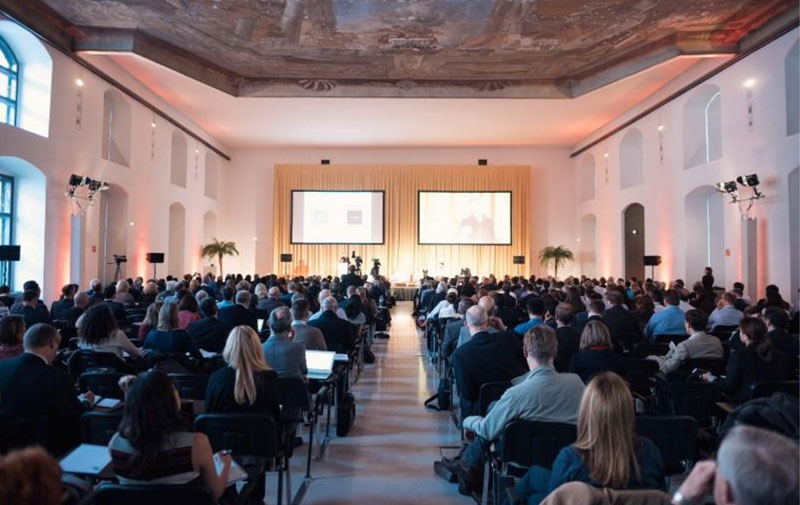The theme of the conference was Managing in the Digital Age – Reclaiming our Humanity – a clear suggestion that we are under threat from machines. There’s a truth here – machines will take over most jobs (including ours). That’s just one aspect of the rise of digital technology. Already we expect Reliability to be machine driven, as machines are faster and more accurate, and most Expertise to be available on the internet. Credibility is also capable of being checked that way, via sites such as Tripadvisor and Checkatrade.
That leaves Emotions (I’m comfortable discussing this..) and Motives (I trust they care about..) which are only human attributes. A model Hixsons have been operating for some time – we expect to understand and care about our clients to encourage trust, not dependence. Because that is a key attribute that humans only can produce – trust.
So how do we find these attributes and capitalise on them? We’ve talked before about innovations – building empathy to find today’s problems and solving them for customers before looking for something more ground breaking, and that certainly works. As a first, don’t solve tomorrow’s problems today – it may make headlines but won’t sell anything now. Solve today’s problems today. Remember, no opportunity goes unsolved – your competitor will find it if you don’t.
There has been a shift of trust away from a mass produced, big business model, which can be exploited by smaller entities. There’s now a Trust Stack in some models (Airbnb, Uber, Bla Bla Car) which is a more collaborative community based activity (these are key concepts) – Trust the Idea, Trust the Platform, Trust the Individuals. It may not work for every industry every time, but the concept has merit. Find ways of letting your customers trust you. Which you can best do without letting a digital experience get in the way. Cut the emails, make more phone calls and visits, so you really see exactly what the customer is experiencing.
Businesses need to shift focus to be totally concerned with customers’ needs and concerns. Customers want more customisation and personalisation. They don’t want mass produced, machine led “stuff”. In the old way, the moment of truth in a transaction was when you sold something. Off you went looking for the next sale. The real moment of truth is when someone uses it. Find out their experience and solve their problems. And by so doing, build trust and repeat sales, and recommendations. Your customers trust you, you trust them. Turn your customers into Users, people who inform and shape your future products and services. Make them part of your community.
The other main issue is how disengaged (87% globally according to Gallop) people are in their work. How much time would you put into maximising your return on the firm’s physical assets if a poll showed it was only 13%?
To quote Henry Mintzberg, we should only refer to people as human beings, not human resources, human capital or human assets, and putting more effort on getting people engaged would reap enormous results – we think of it as rocket fuel for growth. Still companies are trying to get their people more engaged with the company’s objectives, and whilst this is a good solution, it is not the entire solution. Until companies find out what drives their people – their personal objectives and why they want to work, as opposed to their objectives just in the workplace, they will fail to capitalise on their most important asset. We have developed a tool that does exactly that.
Managers need more than ever to focus on values, mission and purpose and trust people to get the job done. There is a tendency to be obsessed with systems, but managers often ignore causes, and forget organisations are communities of people and not a collection of resources. Managers need to rediscover management as a face to face activity, much as businesses need to engage with their customers. Again, it builds trust. As mangers we need to resist the dark side of technology that moves us away from people and into more and more measurement. We don’t need a zero sum approach to the world, as it erodes trust, which only creates more pressure.
Charles Handy said “It is the job of management to encourage people the chance to be fully human”. And as Peter Drucker put it “We are becoming aware that the major questions regarding technology are not technical but human questions”.
We need to claim our humanity, now, before it is too late.
